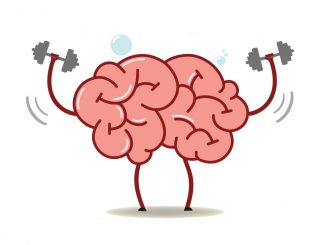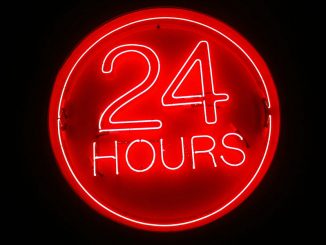Coercive Control has become a term that people are increasingly aware of, however, I think not everyone thoroughly understands what it is.
What is Coercive Control? And, importantly, what are some signs of Coercive Control in a relationship? I think we must all be more aware of something that can sneak up on some victims of the behaviour(s).
Firstly, I would like to highlight that Coercive Control is now a Criminal Offence in NSW (and is likely to be also classified as such across Australia).
It can be perpetrated on and by both men and women.
The authorities no longer treat this behaviour lightly and nor should they, it can be devastating for victims who can sometimes be tormented for long periods of their lives and lead to serious emotional damage.
What is Coercive Control?
The NSW Government categorises Coercive Control as:
“When a person uses abusive behaviours towards a current or former intimate partner with the intention to coerce or control them.”
Simply, it is all about control. It is about one person having power in the relationship, however, often the person being controlled cannot accurately see what is happening to them (sometimes even for years or decades).
They cannot see that the person they love and who they believe loves them is controlling them.
Miriam Webster defines ‘Coercive’ as: “using force or threats to make someone do something”. That is accurate, of course, but often Coercive Control is also ‘Covert Control’ and I believe it is worth looking at the behaviour through that lens.
Why? Because the controlling person often presents (especially in the early relationship) as:
- Someone who appears to have their life in order (maybe making you ask yourself ‘Why would they be interested in me?’)
- Someone seemingly able to build trust quickly (they seem to be nice and genuine people)
- Someone who is a good listener (but are they just getting a map of your World?)
- Someone who appears to be very attracted to you (the red-hot lover phenomenon)
- Someone in a rush to make a commitment
- Someone who might have a sad story to tell (victim of some form of abuse, loss, or neglect) that can make you want to rescue or protect the person (perhaps even subconsciously)
Who can fall for a Coercive Control perpetrator? Sadly, and quite interestingly, almost anyone. This is not just something that afflicts people lacking self-confidence or self-worth.
Sometimes victims are empathetic souls, or faith-filled people who believe strongly in people getting forgiveness. There are rescuers, of course, but sometimes strong and independent people with plenty of life experience also get lured in.
That’s because the controller is well-versed in gaining trust, flying under the radar and making you feel you are the issue.
Coercive Control is so subtle you don’t even notice it. It has to be otherwise you probably wouldn’t even be in the relationship (you may have identified it early and ended the relationship at that point).
What are some signs of Coercive Control in a Relationship?
There are some signs to be on the lookout for, including:
- Your actions or movements are being monitored or tracked
- The other person takes control over the finances (sometimes “for your benefit”)
- The person is against you speaking to their ex-partners
- They may make comments about or demands regarding where you go and who you see
- You start to see two different identities (i.e. a public face and a different private face)
- You are unfairly blamed for things that go wrong
- The validity of your inner experience isn’t recognised, is questioned, or diminished
- You have been isolated from family, friends and support mechanisms
- The rules of the relationship (or your life together) keep changing
- Your vulnerabilities (such as mental health concerns) are used against you or highlighted
- They have possession of important documents like Passports and Birth Certificates etc.
- They struggle to acknowledge their behaviours
- Things are getting worse over time
When/if you try and pull away from them what happens? Well, often the Coercive Control person will show strong remorse, promising to change their ways and begging you not to go.
Sadly, it is often only a small break before the dynamic reverts back to the status quo.
Lastly, I would suggest that a Coercive Control relationship is also an extraordinarily invalidating relationship.
That invalidation can lead to Negative Emotional Arousal in you, which can then be used against you i.e. “You see, the problem is you because you don’t know how to control yourself” etc. When we are already confused about our relationship and our life we may be more susceptible to believing that. This could create a real vortex to get lost into and further exacerbate the unhealthy dynamic between you and your partner.
Of course, this is where having an unbiased neutral observer such as a therapist might be able to help. Having someone able to possibly help you identify what might be happening for you and in your relationship can be helpful.



